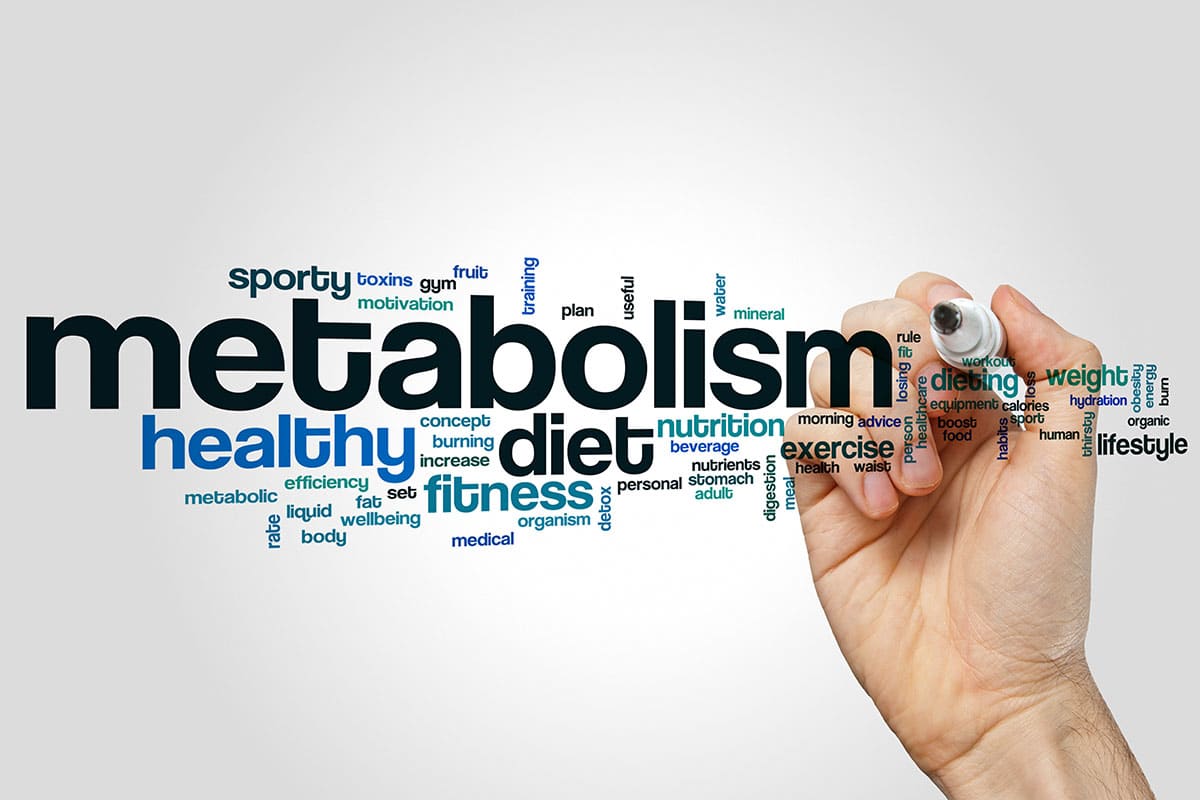Overweight and obesity affect more that 70% of the US adult population and these numbers continue to skyrocket. Over 50% of adults attempt to modify their weight at any given moment. According to the CDC, 1 in every 5 middle aged women has been “dieting” for several years and most have regained the weight. Anybody who has ever tried to lose weight may know that often the most difficult part is to keep the weight off. Research suggests that only about 10% manage to achieve this without any further intervention. The majority, return to their starting weight if not higher.
Weight loss advice is everywhere, and it seems like there is a new diet trend, voted best of the year, or raved about on social media, that promises quick and easy results. The truth is, contrary to what the 70-billion-dollar dieting industry says, there are no quick fixes, miracle cures, or magic pills. Part of successful, sustainable weight loss (meaning losing the weight and keeping it off for good) — is understanding that these diet trends don’t usually work; they are difficult to follow, unverifiable, supported by little to no evidence and, most importantly, can be detrimental to health.
Short term attitude equals short term results. This approach is commonly associated with an all-or-nothing mindset, focusing on extreme measures such as cutting out many foods, restrictive unsupervised low-calorie diets, and self-proclaimed “detoxes”. This high-level of restriction will eventually lead to the inevitable indulging and overeating, and ultimately lash back as weight regain, which again triggers restrictive behavior, creating an endless weight cycle of yo-yo dieting. The associated feelings of guilt & failure create a false notion that this is related to lack of willpower.
Weight is more complex than calories in and calories out. For starters, the adipose tissue (our body’s fat) is a complex endocrine organ that secretes over 60 bioactive substances that play an important role in our body’s health. Additionally, factors such as genetics, epigenetics, the environment, medicines, sleep, stress, and hormones, to name a few, contribute to our body’s weight. Appetite and metabolism are regulated by peripheral organs (such as our gut, pancreas, muscle, and liver) and centers in our brain. Finely orchestrated feedback loops between these and hormones maintain a balance, are constantly in communication, and kick into play as soon as you attempt to modify your weight. The body fights change: at first, simply reducing calories may be effective, but the body and brain quickly catch up to defend against that change. Think of it like a thermostat. The body’s “set point” is the weight towards which your body gravitates. Our brain keeps the body at a stable weight. It helps regulate hunger, body temperature, and the amounts of sugar, salt, water to maintain balance. Ever notice as soon as you start losing weight, you feel hungry? Or the weight loss just stops? That’s the body activating hormones such as ghrelin, leptin, adiponectin, GLP-1 and so forth. The body will also start burning less calories and increase food cravings, especially for sweet and salty foods that tend to be high in calories because that is the quickest source of energy.
Ditch the diet culture and make peace with food. “Diets” give the false hope of losing weight quickly, easily, and permanently. You are not a failure every time one of these novel diets stopped working and the weight quickly comes back on. This diet culture has created unreasonable rules, The food police concept is negative, hopeless and builds on guilt. It also creates the false notion that a person is “good” or “bad” based on what or how much they eat.
Weight is about biology not willpower. One shoe does not fit all, and treatments need to be individualized, tailored, and not simply focused on a number on the scale.
Florencia Ziemke, MD, dABOM
Founder & CEO Evexia Medical
www.evexiamed.com





